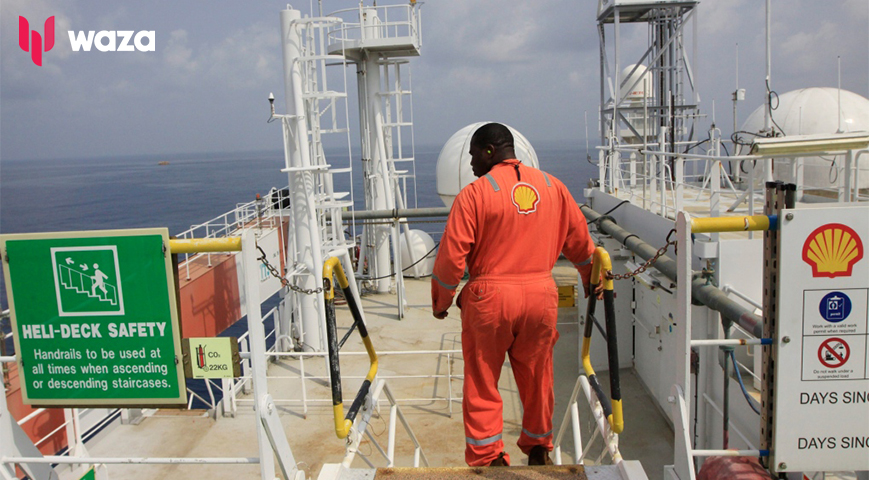Nigeria has halted the sale of Shell's onshore and shallow-water oil and gas assets in the Niger Delta, according to the country's upstream regulator on Monday, about 10 months after the deal was initially announced.
Speaking at an event in Abuja, the CEO of the Nigerian Upstream Petroleum Regulatory Commission (NUPRC), Gbenga Komolafe, said the transaction "failed to pass the regulatory test," without providing further details. Shell has not yet commented on the matter.
In January, Shell revealed it had reached an agreement to sell its onshore oil and gas assets to the Renaissance consortium, a group of five companies, for up to $2.4 billion. The move was part of Shell’s strategy to shift focus toward deepwater and integrated gas projects. The assets include an estimated 6.73 billion barrels of oil and condensate and 56.27 trillion cubic feet of associated and non-associated gas.

Shell’s planned exit from the oil-rich Niger Delta follows similar moves by other energy giants, including Exxon Mobil, TotalEnergies, and Eni, primarily due to ongoing security concerns.
However, the Shell-Renaissance deal faced opposition from environmental activists and local communities, who linked the company to numerous lawsuits demanding compensation and environmental restoration for damages caused by past oil spills.
The NUPRC began reviewing Shell’s divestment in April, assessing the sale to a consortium consisting of four Nigerian exploration and production firms and an international energy group.









